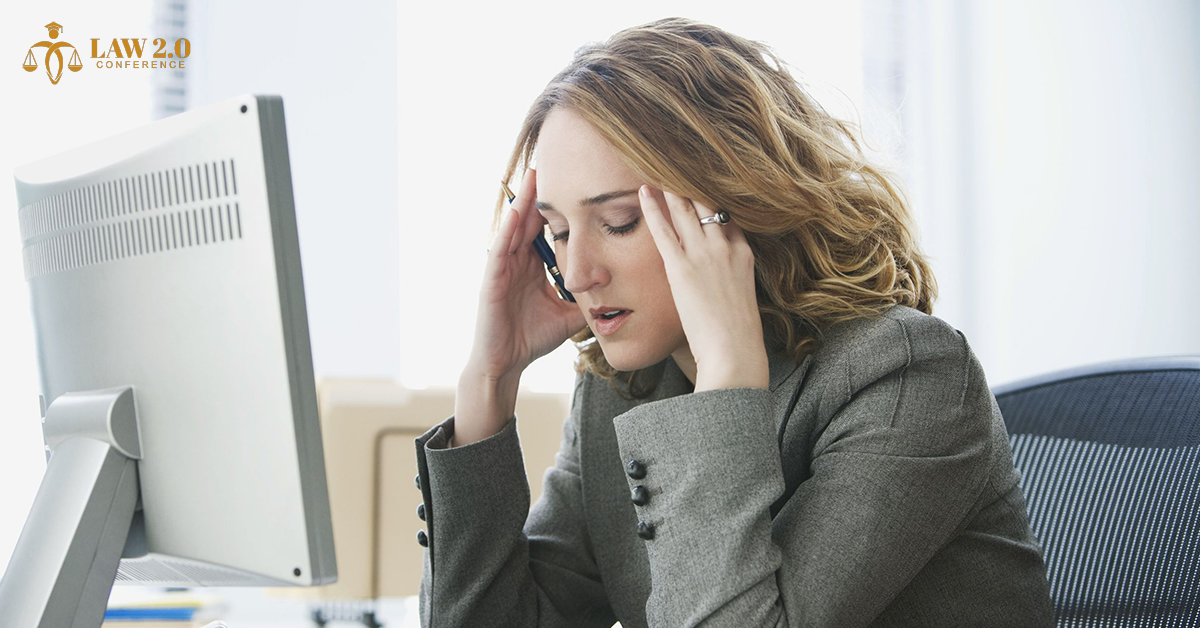Working long hours and dealing with high-stress cases comes with an occupational hazard – and it’s an occupational hazard that isn’t going away anytime soon. A recent study found that nearly half of the country’s lawyers have a mental health condition, with depression being the most common disorder among that group. Upcoming attorney conferences , including the Law 2.0 Conference, are looking for ways to help combat this growing problem.
What Is Lawyer Burnout?
Lawyer burnout is a term used to describe the mental and emotional exhaustion that lawyers can experience as a result of their high-stress profession. While it is not an official diagnosis, it is a real problem that many lawyers face. The causes of lawyer burnout are varied, but can include long hours, unrealistic expectations, heavy workloads, and more. Professional conferences on law will take place in Las Vegas and Dubai this year in order to address this ongoing crisis.
One reason that attorney burnout is so common is that many lawyers never take time for themselves. This lack of self-care can lead to serious mental health problems such as depression, stress, anxiety, and even substance abuse. It can also lead to significant physical issues like high blood pressure and other cardiovascular risks.
It is important for attorneys who feel overwhelmed by these demands on their lives to reach out for help before things get worse.
Is There An Epidemic Of Lawyer Depression?
There seems to be an epidemic of lawyer depression, as studies have shown that lawyers are more likely to suffer from depression than people in other professions. This is likely due to the high stress levels and long hours that lawyers work. As highlighted at several professional conferences on law, while many factors contribute to lawyer depression, there is no one solution that will solve the problem.
Coping With Stress At Work
Coping with stress can be difficult even in less-stressful professions. The culture of law enforcement, as well as the rigors of practicing law, make it difficult for attorneys to manage their emotions and keep themselves healthy. The best way lawyers can cope with this type of stress is by practicing good self-care, especially when they're not at work.
Practicing self-care means doing things that help them stay emotionally balanced, like getting enough sleep, eating a healthy diet, taking time off from work, and finding social outlets outside of work like hobbies or volunteering opportunities. It also includes seeking therapy if they are experiencing symptoms of depression or anxiety.
How Can Employers Create Better Working Conditions For Their Attorneys?
Here are a few ways law firms can do their bit:
- Implement more flexible work hours.
- Encourage employees to take time off when needed – and make it feel okay to do so.
- Promote a healthy work-life balance through company culture and policies.
- Offer mental health resources, such as an employee assistance program or on-site counseling services.
Conclusion
The mental health crisis among lawyers is an ongoing issue that has yet to be solved. Professional conferences for lawyers are being held in order to address this issue. Some of the proposed solutions include better law school training, changes in the workplace, and more support from the legal community. The Law 2.0 Conference's upcoming edition too, will discuss a variety of topics concerning this mental health crises. These topics will range from how to develop a law firm culture focused on well-being to how best to utilize emerging technologies such as artificial intelligence and blockchain in the context of professional responsibility.
-01.svg)







